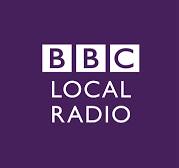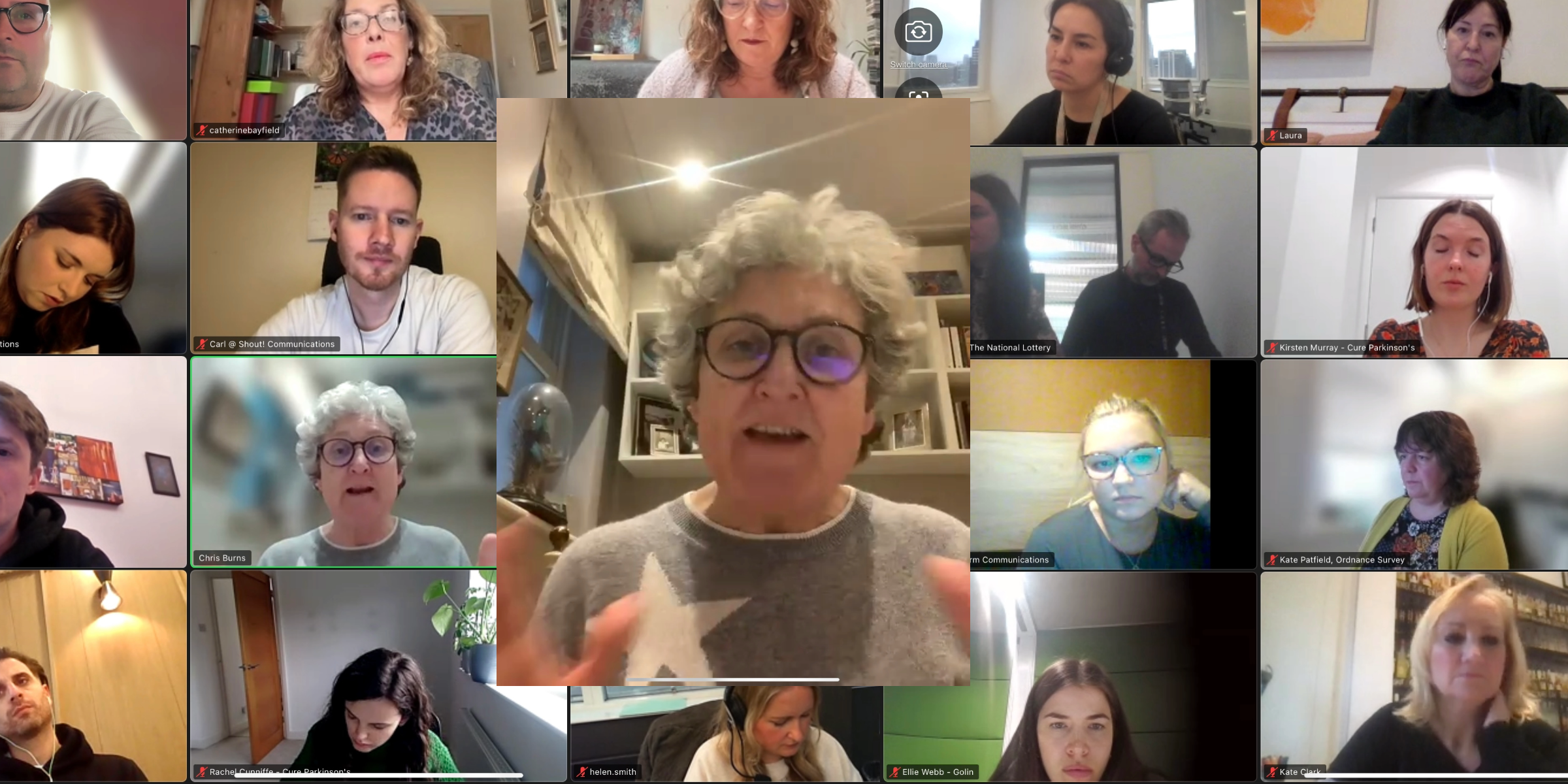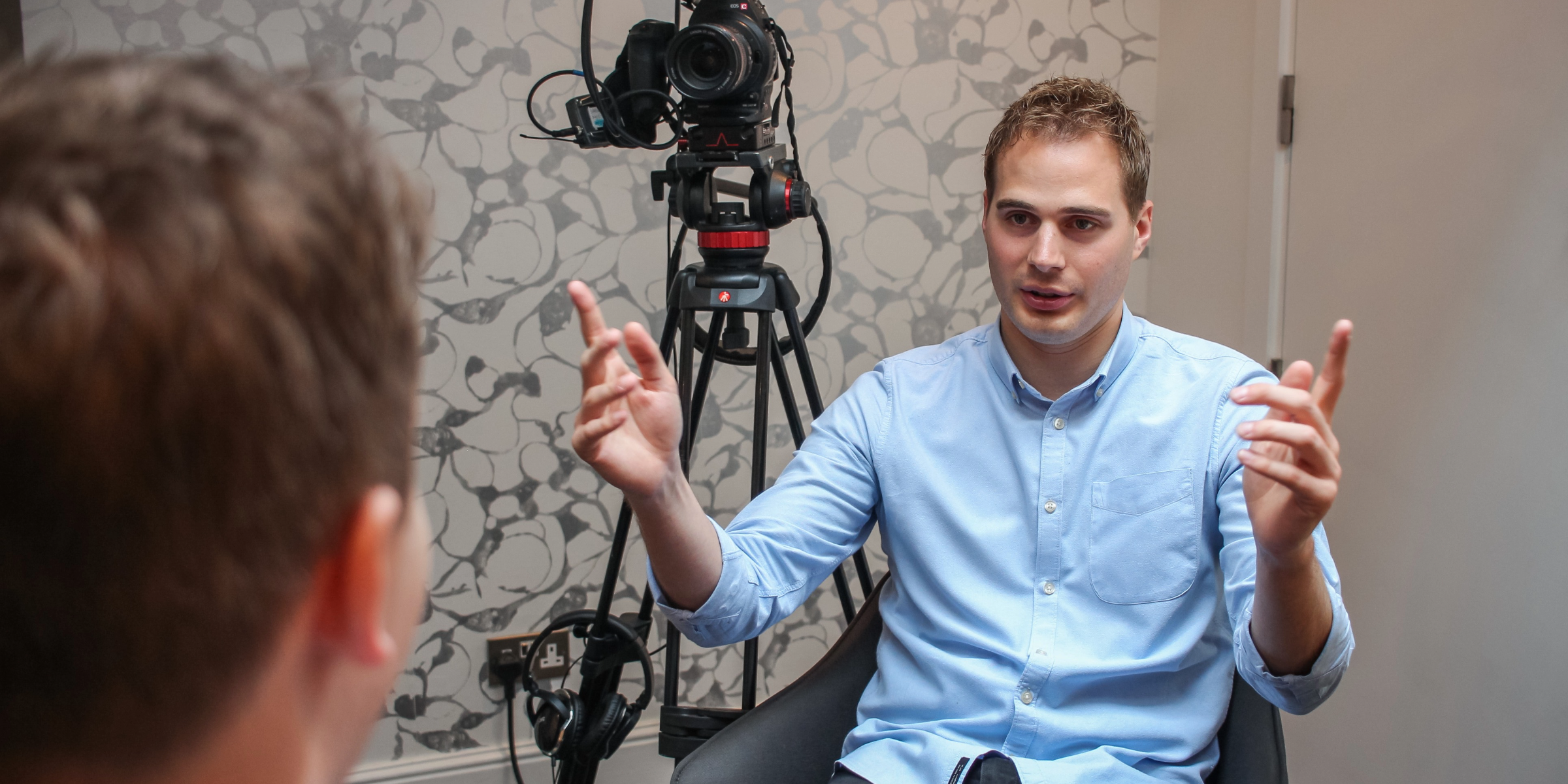There’ve been a lot of changes for BBC Local Radio in recent months, which have included redundancies and job cuts. Programme wise some stations have been bandied together so at certain times of the day one show is multi-cast over multiple radio stations. A lot has happened, so we were delighted that our latest Small Talk featured the person responsible for all BBC local radio in England, Chris Burns – officially the Controller of Local Audio Commissioning at BBC England. This was our account, as heard by Shout Communications broadcast consultant, Marta Malagon, Manas.
Who is Chris Burns?
Chris Burns is the Controller of Local Audio Commissioning at BBC England. She has been in the role since 2002 and is responsible for delivering innovative, creative and high value content for local audiences across all BBC platforms, be that radio, websites or social media.
Her position gives her the lead in the overall strategic direction of local BBC audio, including local radio, podcasts and BBC Sounds. Previous to this, Chris worked at Radio 1, presented on Radio 4’s You and Yours programme and has even ventured into commercial radio earlier on in her career.
BBC Local Radio’s Chris Burns is extremely passionate about radio and sees local radio as the front door to the rest of the BBC and wider creative audio industry. She has spearheaded new talent schemes such as New Voices and Upload and even produced a recent podcast series called ‘Love Bombed’ with BBC Newcastle.
Changes at BBC Local Radio
One of the biggest talking points of the Small Talk and within the radio industry right now are the considerable changes at BBC local radio.
Since late last year, the 39 BBC local radio stations have started to share some programmes, in a bid to direct some resource into digital channels. This has controversially lead to some redundances and changes in systems and processes within BBC local radio.
The bottom line is, post-change, not all shows are now made for or broadcast to a specific local area. Some are shared across regions, some, even nationally.

So, what are the changes? Although some of these changes are still in progress, in summary, changes at BBC local radio level include:
- All 39 BBC Local Radio stations continue with their own dedicated local programming from 6am to 2pm on weekdays.
- Between 2pm-6pm on weekdays, the BBC promise to produce 18 afternoon programmes across England, with a number of local stations sharing programming with neighbouring stations.
- Between 6pm-10pm on weekdays, there are set to be ten local programmes across England. This will also apply all day on Saturday and on Sunday mornings.
- These programmes will serve areas that broadly mirror the BBC’s existing local television areas: North West & North East, Yorkshire & Lincolnshire, Midlands, London & East, South and South West.
- A national ‘all-England’ programme has launched after 10pm across the week and from 2pm on Sundays, again, resulting in a loss of current shows at local level.
What does Chris Burns Have to Say about the BBC Local Radio Changes?

How Can Shout Communications Help with Your Broadcast PR Campaign?
Thanks for reading our interview with BBC Local Radio’s Chris Burns. Thinking of launching your own broadcast PR campaign? Shout! Communications is a team of broadcast PR professionals with decades of experience creating and leading broadcast content for national radio and TV. As well as being broadcast PR experts, we think like the broadcast producers we used to be. We know what broadcasters want, and more importantly, what they don’t want.
We have strong relationships with journalists leading all of the new BBC local radio shows and can help make your story stand out from the crowd and increase the chance of landing on the BBC’s local radio and digital offerings. To learn more about how we can help you with radio and TV media relations, as well as media training, contact us today.
Get in Touch



